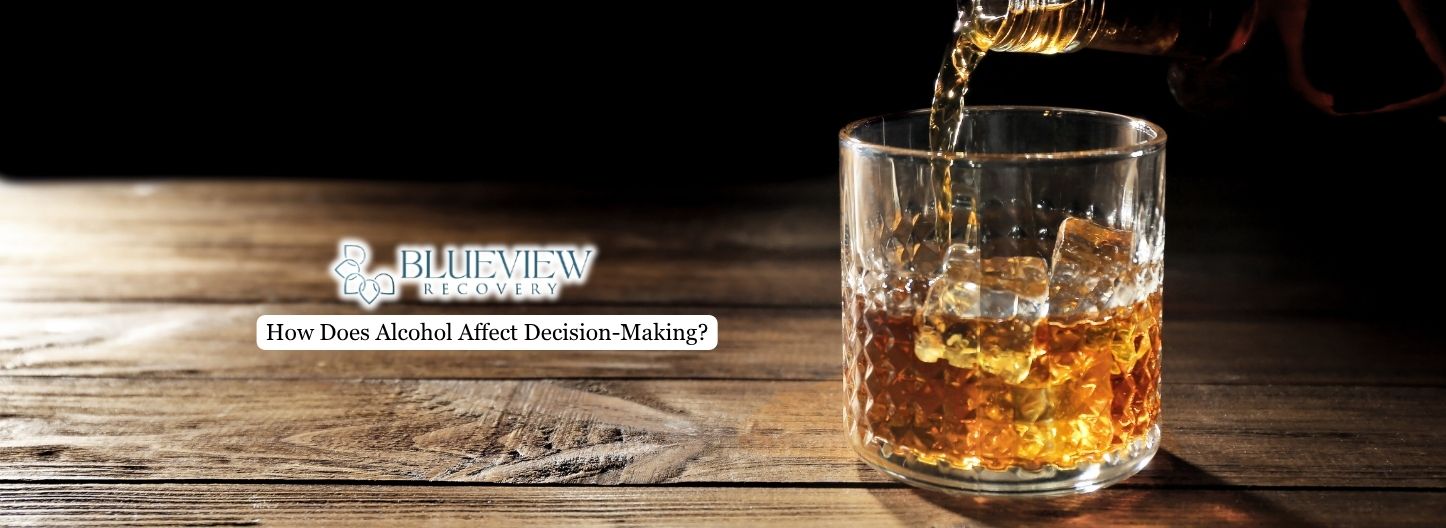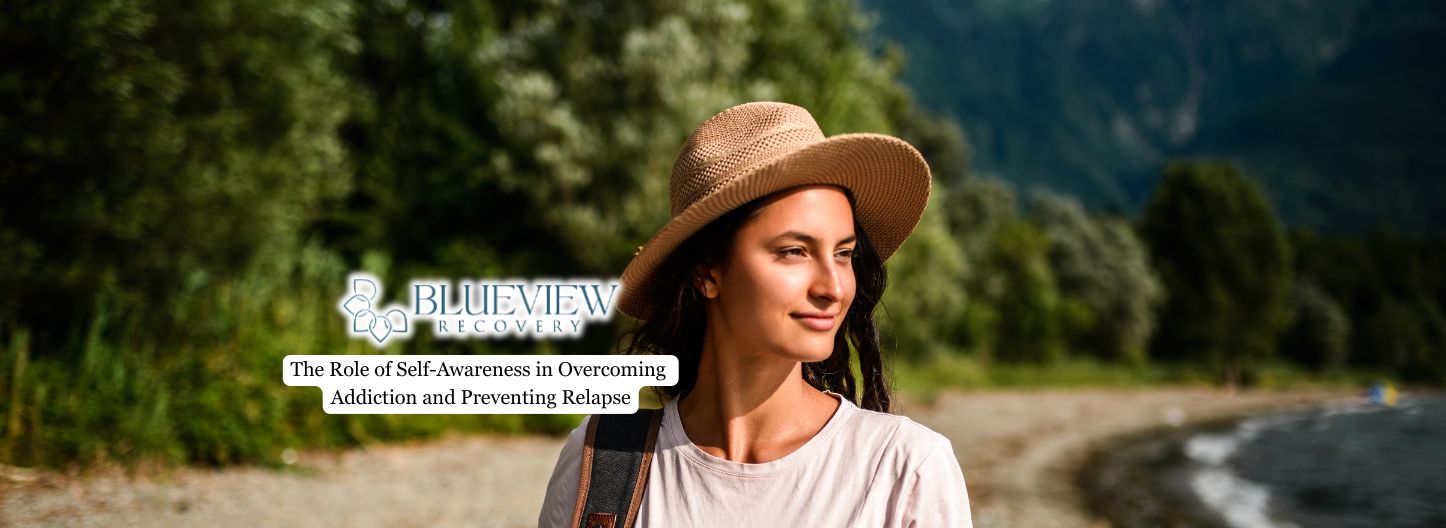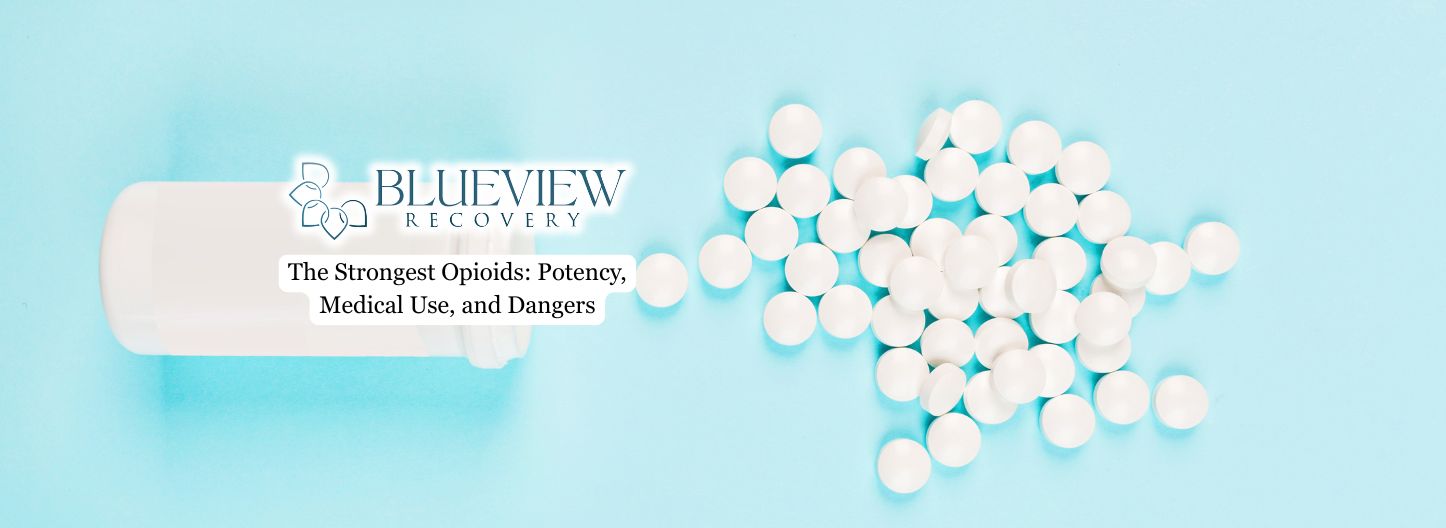We all have routines that shape our daily lives. These behaviors are often dismissed as harmless habits, but what happens when a routine becomes something we can’t control, even when it starts to harm us? Although both habit and addiction involve repetitive actions, the underlying processes, repercussions, and capacity to stop differ greatly.
This article will delve into the difference between habit and addiction, the importance of understanding these differences, and how to identify when a simple routine might be venturing into perilous territory.

Defining the Terms
A habit is an unconscious behavior that you perform repeatedly, which can be positive, negative, or neutral. In contrast, an addiction is a chronic brain condition characterized by compulsive engagement in harmful behaviors despite negative consequences.
While habits typically involve conscious choices and can often be changed with minimal effort, addictions signify a loss of control and require more intensive intervention and support to overcome.
Understanding the distinction between habit and addiction is crucial for identifying the need for professional help, as addiction often involves withdrawal symptoms and cravings that aren’t present in simple habits.
Key Differences Between Habit and Addiction
Control and Willpower
With habits, you typically retain the ability to modify or stop the behavior through conscious effort and decision-making. Willpower often suffices to break a habit, as the brain hasn’t developed a strong chemical dependence on the associated substance or action.
In contrast, addiction involves a loss of control, where cravings overpower rational thought and decision-making.
Attempting to quit an addiction through willpower alone is often ineffective, as the brain’s reward system has been altered, requiring professional intervention to address the psychological and physiological aspects of the condition effectively.
Physical and Psychological Dependence
Addiction involves both types of dependence, leading to a loss of control over behavior. Physical dependence occurs when your body adapts to the substance, causing withdrawal symptoms when you stop using. Psychological dependence is characterized by intense cravings and compulsive use despite negative consequences.
The combination of these factors makes it extremely difficult to quit addictive behavior without support. Whereas, habits don’t typically involve physical or psychological dependence, allowing you to change your behavior with less effort.
Behavioral vs. Compulsive Nature
A habit is a behavior you perform automatically, often through conscious choice that becomes ingrained over time. You can typically change a habit with minimal effort.
In contrast, an addiction involves compulsive behaviors that persist despite negative consequences. You feel a loss of control, as if you’re driven to engage in the addictive behavior against your will.
Habits may cause minor inconveniences, but addictions can significantly disrupt your life, leading to physical and psychological dependence. Intense cravings and withdrawal symptoms characterize addictions when you try to stop.
Consequences
The consequences of addiction extend far beyond the individual, affecting their loved ones and mental health. Financial strain, job loss, and legal issues are common results of unchecked addictive behavior.
The consequences of habits are typically less severe and more easily managed. However, if a habit begins to take control of your life and cause significant distress, it may have evolved into an addiction.
How Habits and Addictions Form
Addictions and habits both begin with a cue—a trigger that sets off a behavioral response—but the way they develop and the pathways they follow in the brain can differ dramatically.
Habits are formed through repetition: when a specific cue consistently leads to a behavior, and that behavior is rewarded, the brain strengthens the neural pathway connecting the cue and the routine, making the action more automatic over time. This process can lead to both healthy routines and unhealthy, bad habits, such as mindless snacking or nail-biting, especially when the reward is immediate or satisfying.
When it comes to addiction, the repeated use of an addictive substance or engagement in a compulsive behavior can hijack these same pathways, but with much greater intensity, often resulting in physical and psychological dependence.
Genetics can also play a significant role, making some individuals more susceptible to forming addictions than others.

When Does a Habit Become an Addiction?
A new habit, such as reaching for a snack while watching TV, may start as a simple, harmless routine, but not all habitual behavior remains benign. The shift from habit to addiction often occurs when the behavior—especially in cases of substance abuse—begins to trigger powerful dopamine surges in the brain, reinforcing the action far beyond ordinary rewards.
Unlike brushing your teeth, which is a healthy habit, using a substance or engaging in a behavior primarily for the intense pleasure or relief it provides can set the stage for dependency. Over time, the brain starts to crave the dopamine rush, and what began as a new habit can spiral into compulsive use. At this point, the individual may find it increasingly difficult to control the behavior, despite negative consequences, and may be considered an addict.
Breaking Habits vs. Overcoming Addiction
Breaking an unhealthy habit, such as mindlessly snacking or procrastinating, typically involves self-awareness, conscious effort, and replacing the unwanted behavior with a more positive routine. Most people can break a bad habit on their own by identifying triggers and practicing new responses.
However, overcoming addiction, especially when it comes to substance abuse or alcohol addiction, is far more complex. Addiction often involves both physical and psychological dependence, making it difficult to quit without professional help.
While breaking a habit may require willpower and consistency, overcoming addiction usually demands a comprehensive approach, including medical treatment, therapy, and ongoing support. The stakes are higher, as substance abuse and alcohol addiction can have severe health, social, and legal consequences, underscoring the importance of seeking appropriate help when a habit escalates into addiction.
Final Thoughts from Blueview Recovery
While habits can often be adjusted with self-awareness and effort, drug addiction and dependence on a substance require a deeper level of intervention and support. If you or someone you care about is struggling with more than just an unhealthy habit, know that help is available. At Blueview Recovery’s outpatient program in King of Prussia, individuals receive expert care and compassionate support designed to address the complexities of addiction.





